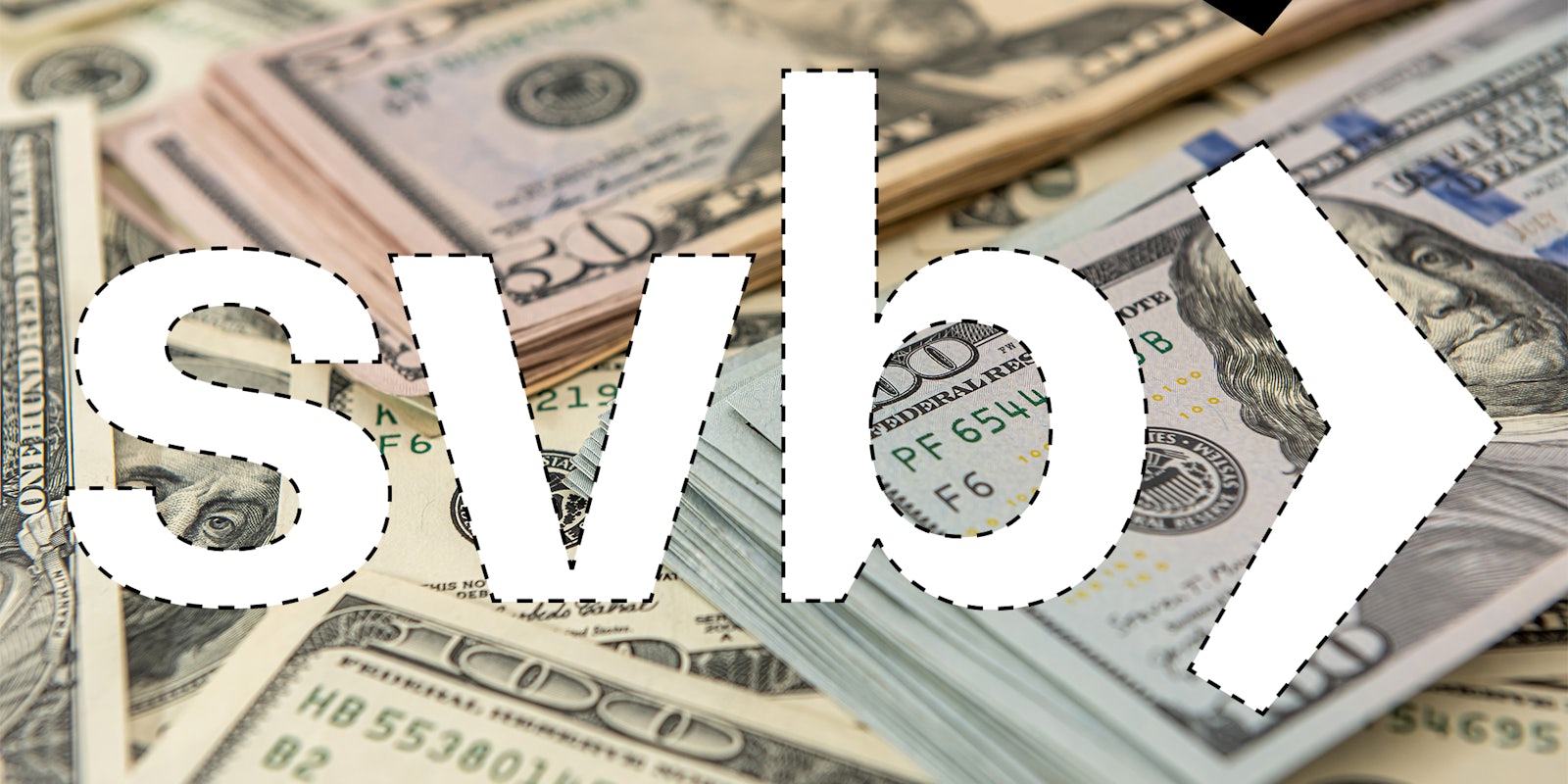The collapse of Silicon Valley Bank (SVB) has sent shockwaves throughout the financial industry. The bank popular among venture capitalists had over $200 Billion in assets. Its collapse is the largest since the 2008 financial crisis.
SVB’s demise has sparked an online frenzy of finger-pointing, with some blaming deregulation and others claiming the bank’s “woke” policies led to its demise. There is also intense debate about whether the federal government should bail the bank out. It’s already agreed to protect everyone’s deposits beyond what is typically federally ensured.
Meanwhile, SVB has quietly wiped its social media channels.
Its website still includes links to its Twitter, Instagram, YouTube, and LinkedIn accounts. As of Monday afternoon, its Twitter and Instagram accounts had been deleted and there are no videos on its YouTube channel. An archive shows that Silicon Valley Bank was active on Twitter up until last week.

According to its now empty YouTube channels, its videos were viewed a cumulative 12.5 million times before they were deleted. The Wayback Machine’s archive shows that the channel contained dozens of videos as recently as December.
It’s not clear when the bank deleted its Instagram account.
Only Silicon Valley Bank’s LinkedIn account remains. Recent comments there may provide a clue about why the bank has retreated from other platforms.
Its post linking to the Federal Deposit Insurance Corporation’s (FDIC) press release about taking over the bank and giving insured customers access to their funds solicited overwhelmingly negative reactions, with few exceptions. (The FDIC ensures customers will get refunds of up to $250,000 of their funds in the event of a bank’s collapse. The Biden administration has gone further, saying all deposits will be protected.)
One opined that “rolling back Dodd-Frank in 2018 was not a smart idea,” referring to 2010 legislation that overhauled regulation of the financial industry with the hopes of avoiding another banking collapse. The law was partially repealed in 2018.
When someone challenged them to explain how the earlier version of the law would’ve stopped SVB from going under, they replied, “Without Dodd-Frank, SVB was not required to submit to stress testing by the Federal Reserve and was no longer required to keep a certain amount of cash on hand to protect against the effects of financial shocks.”
“It wasn’t the only domino that set this debacle in motion, but it certainly looks like an early contributing factor.”
Many criticized the bank for paying bonuses to employees on Friday, mere hours before regulators took over.
“Seems like you handed out bonuses to your executives and managers then made sure certain depositors got their money. Left the common person to depend on the government to get what they lost,” commented one.
But comments like that are impossible to make on other channels, which may just be why SVB eliminated its social presence.



